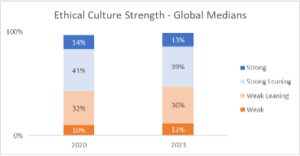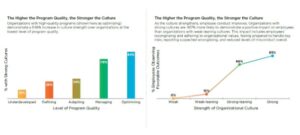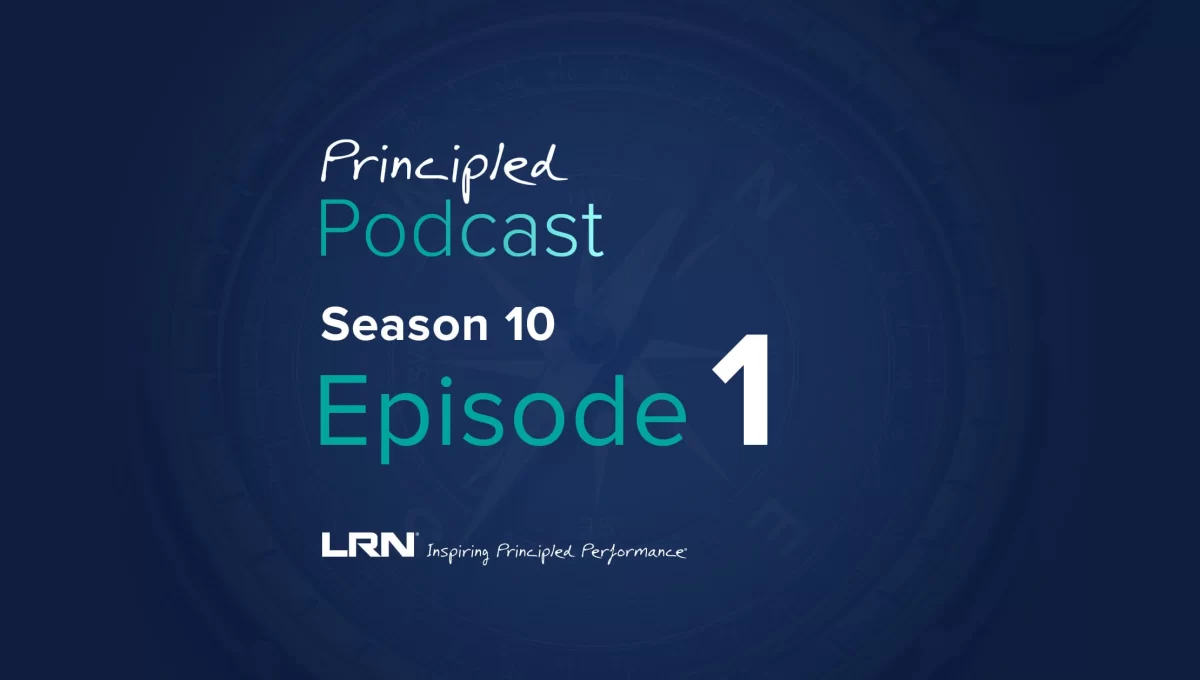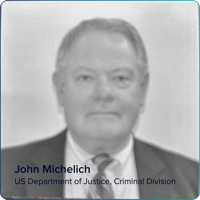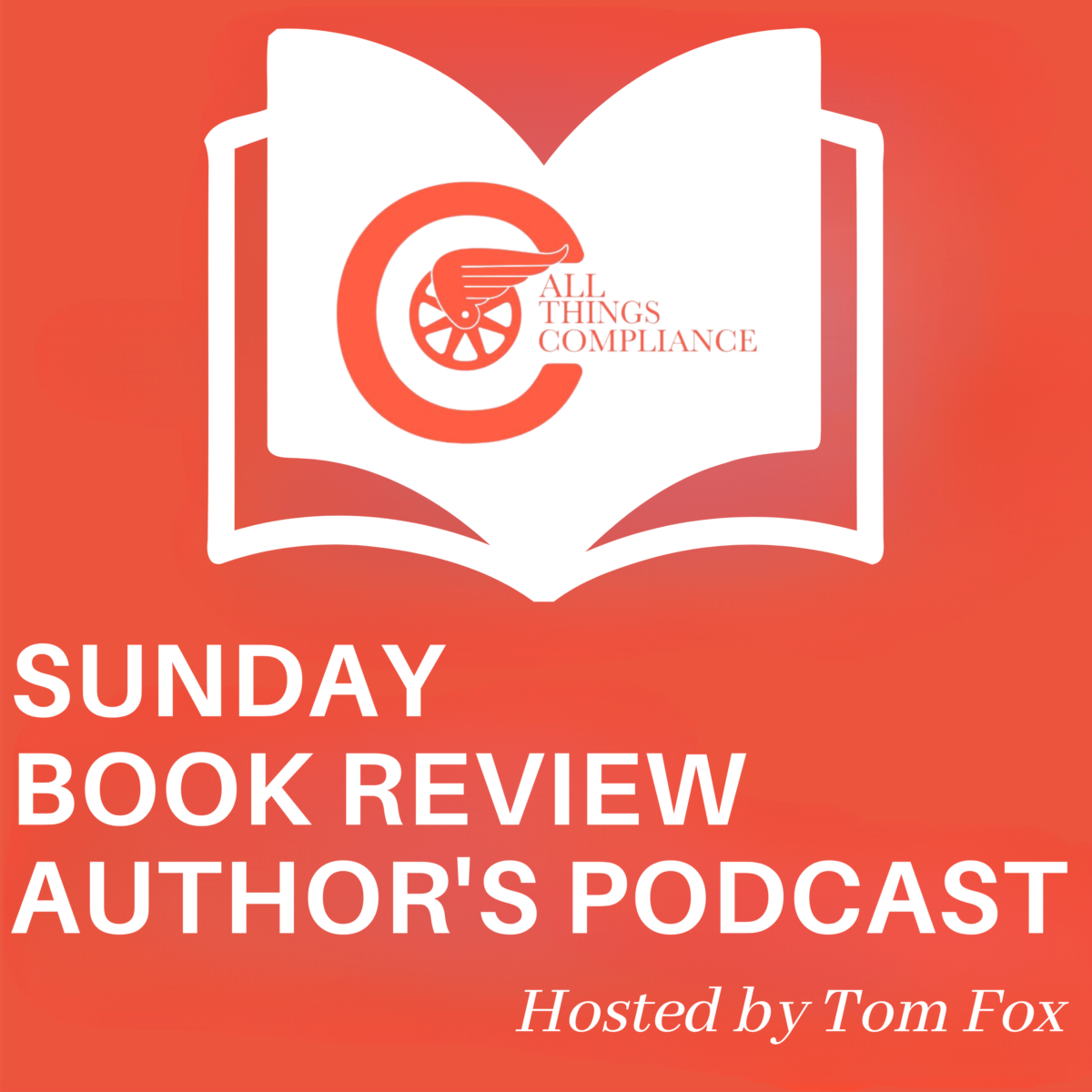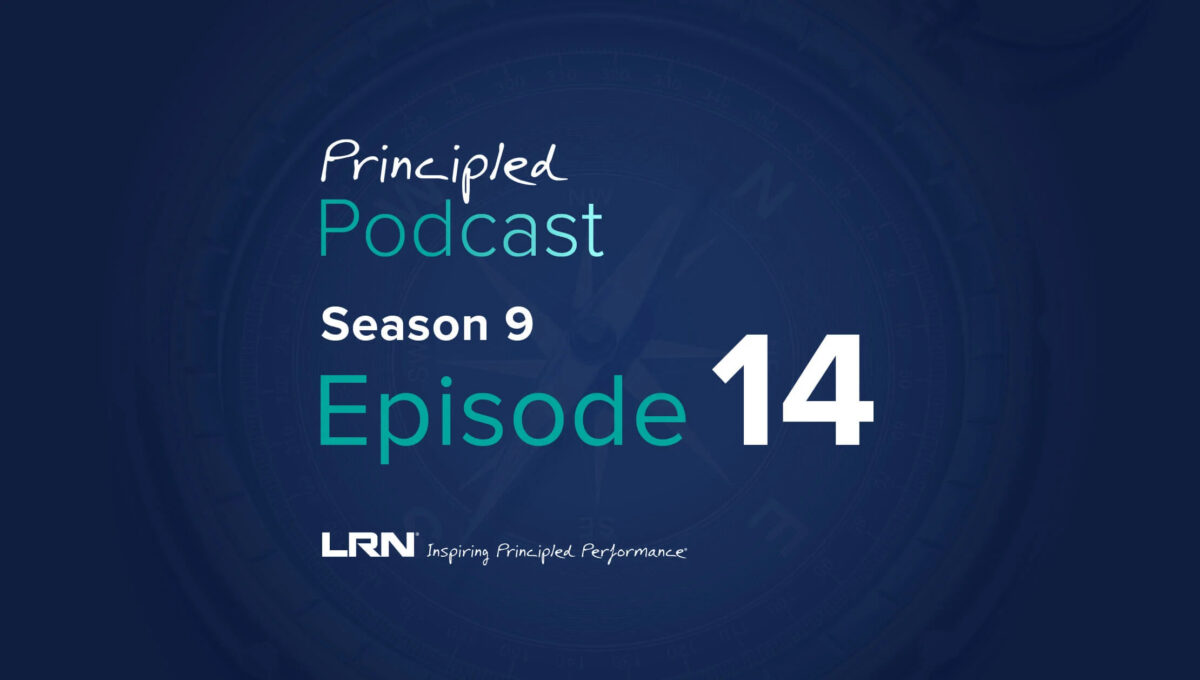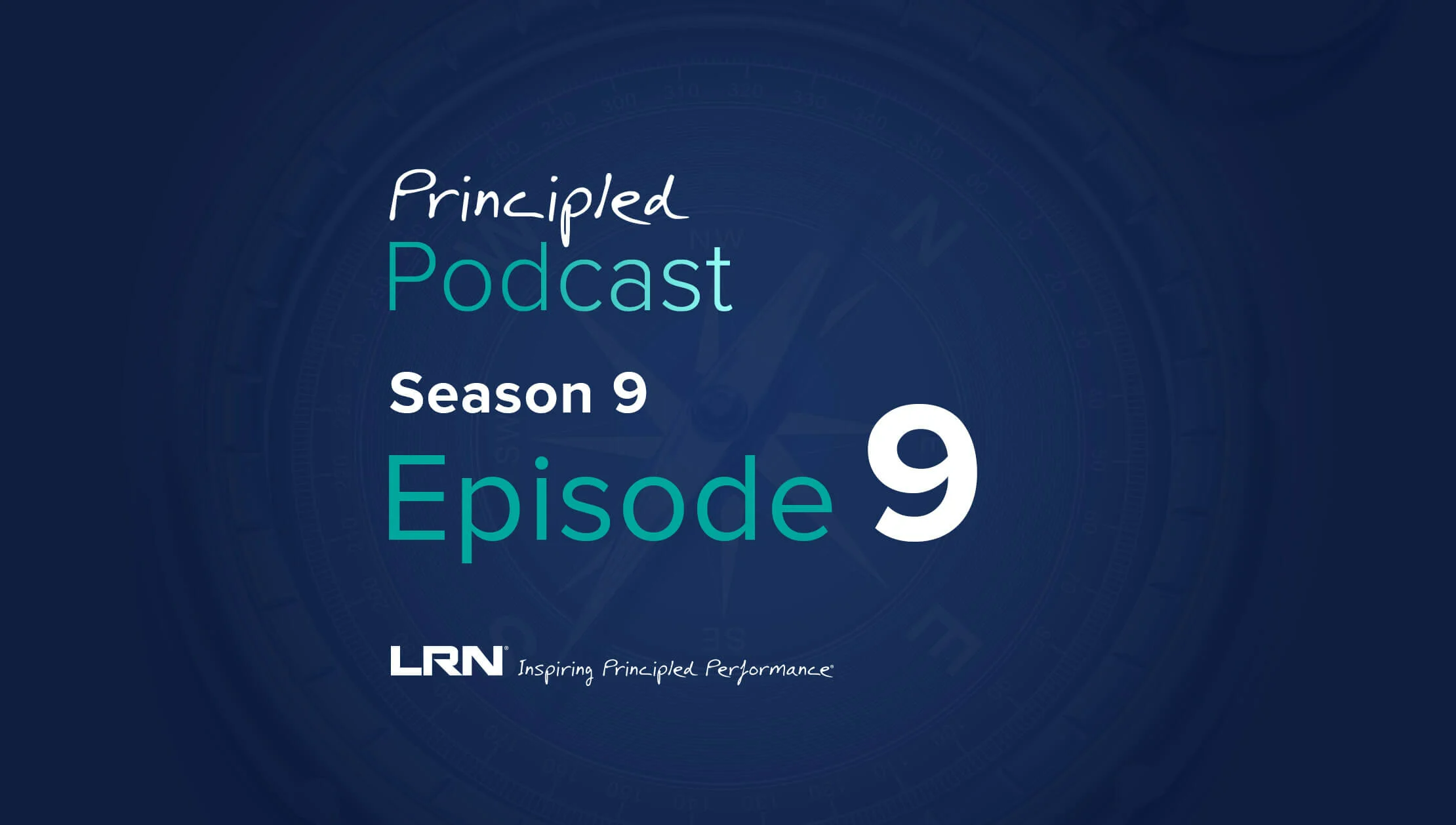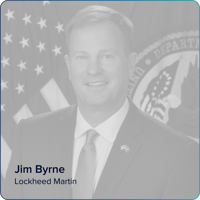I continue my Great Structures Week with a focus on great structures from the earliest times, ancient Egypt and Greece. I am drawing these posts from The Teaching Company course, entitled “Understanding the World’s Greatest Structures: Science and Innovation from Antiquity to Modernity”, taught by Professor Stephen Ressler. From Egypt there are of course the Pyramids, of which Ressler says, “They’re important, not just because they’re great structures, but also because they represent some of the earliest human achievements that can legitimately be called engineering. The Great Pyramid of Giza stands today as a testament to the strength and durability of Egyptian structural engineering skills.”
From Greece we derive what Vitruvius called the “Empirical Rules for Temple Design” which define a “single dimensional module equal to the radius of a column in the temple portico, then specify all other dimensions of the building in terms of that module.” These rules are best seen in Greek temples, largely consisting of columns, which are defined as “a structural element that carries load primarily in compression” and beams, which are “structural elements subject to transverse loading and carry load in bending.” My favorite example of the use of columns is seen in the Parthenon; the most famous of all Greek temples still standing.
In many ways these two very different structures stand as the basis of all structural engineering and Great Structures that come later throughout history. For any anti-corruption compliance regime based on the Foreign Corrupt Practices Act (FCPA), UK Bribery Act or other anti-bribery statutes, the same is true for a Code of Conduct and written policies and procedures. They are both the building blocks of everything that comes thereafter.
In an article Debbie Troklus, Greg Warner and Emma Wollschlager Schwartz, stated a company’s Code of Conduct “should demonstrate a complete ethical attitude and your organization’s “system-wide” emphasis on compliance and ethics with all applicable laws and regulations.” Your Code of Conduct must be aimed at all employees and all representatives of the organization, not just those most actively involved in known compliance and ethics issues. From the board of directors to volunteers, the authors believe that “everyone must receive, read, understand, and agree to abide by the standards of the Code of Conduct.” This would also include all “management, vendors, suppliers, and independent contractors, which are frequently overlooked groups.”
There are several purposes identified by the authors that should be communicated in your Code of Conduct. Of course the overriding goal is for all employees to follow what is required of them under the Code of Conduct. You can do this by communicating what is required of them, to provide a process for proper decision-making and then to require that all persons subject to the Code of Conduct put these standards into everyday business practice. Such actions are some of your best evidence that your company “upholds and supports proper compliance conduct.”
The substance of your Code of Conduct should be tailored to the company’s culture, and to its industry and corporate identity. It should provide a mechanism by which employees who are trying to do the right thing in the compliance and business ethics arena can do so. The Code of Conduct can be used as a basis for employee review and evaluation. It should certainly be invoked if there is a violation. To that end, I suggest that your company’s disciplinary procedures be stated in the Code of Conduct. These would include all forms of disciplines, up to and including dismissal, for serious violations of the Code of Conduct. Further, your company’s Code of Conduct should emphasize it will comply with all applicable laws and regulations, wherever it does business. The Code needs to be written in plain English and translated into other languages as necessary so that all applicable persons can understand it.
The written policies and procedures required for a best practices compliance program are well known and long established. As stated in the FCPA Resource Guide 2nd edition, “Among the risks that a company may need to address include the nature and extent of transactions with foreign governments, including payments to foreign officials; use of third parties; gifts, travel, and entertainment expenses; charitable and political donations; and facilitating and expediting payments.” Policies help form the basis of expectation and conduct in your company and Procedures are the documents that implement these standards of conduct.
Another way to think of policies, procedures and controls was stated by Aaron Murphy, in his book “Foreign Corrupt Practices Act”, when he said that you should think of all three as “an interrelated set of compliance mechanisms.” Murphy went on to say that, “Internal controls are policies, procedures, monitoring and training that are designed to ensure that company assets are used properly, with proper approval and that transactions are properly recorded in the books and records. While it is theoretically possible to have good controls but bad books and records (and vice versa), the two generally go hand in hand – where there are record-keeping violations, an internal controls failure is almost presumed because the records would have been accurate had the controls been adequate.”
Borrowing from an article in the Houston Business Journal, entitled “Company policies are source and structure of stability”, I found some interesting and important insights into the role of policies in any anti-corruption compliance program. Allen says that the role of policies is “to protect companies, their employees and consumers, and despite an occasional opposite outcome, that is typically what they do. A company’s policies provide a basic set of guidelines for their employees to follow. They can include general dos and don’ts or more specific safety procedures, work process flows, communication guidelines or dress codes. By establishing what is and isn’t acceptable workplace behavior, a company helps mitigate the risks posed by employees who, if left unchecked, might behave badly or make foolhardy decisions.”
Allen notes that policies “are not a surefire guarantee that things won’t go wrong, they are the first line of defense if things do.” The effective implementation and enforcement of policies demonstrate to regulators and the government that a “company is operating professionally and proactively for the benefit of its stakeholders, its employees and the community it serves.” If it is a company subject to the FCPA, by definition it is an international company so that can be quite a wide community.
Allen believes that there are five key elements to any “well-constructed policy”. They are:
- identify to whom the policy applies;
- establish the objective of the policy;
- explain why the policy is necessary;
- outline examples of acceptable and unacceptable behavior under the policy; and
- warn of the consequences if an employee fails to comply with the policy.
Allen notes that for polices to be effective there must be communication. He believes that training is only one type of communication. I think that this is a key element for compliance practitioners because if you have a 30,000+ worldwide work force, the logistics alone of such training can appear daunting. Consider gathering small groups of employees, where detailed questions about policies can be raised and discussed, as a powerful teaching tool. Allen even suggests posting Frequently Asked Questions (FAQ’s) in common areas as another technique.
The FCPA Resource Guide 2nd edition ends its section on policies with the following, “Regardless of the specific policies and procedures implemented, these standards should apply to personnel at all levels of the company.” Allen puts a bit differently in that “it is important that policies are applied fairly and consistently across the organization.” He notes that the issue can be that “If policies are applied inconsistently, there is a greater chance that an employee dismissed for breaching a policy could successfully claim he or she was unfairly terminated.” This last point cannot be over-emphasized. If an employee is going to be terminated for fudging their expense accounts in Brazil, you had best make sure that same conduct lands your top producer in the US with the same quality of discipline.
Join us tomorrow where we look at the Roman Arch and resourcing your compliance program.





